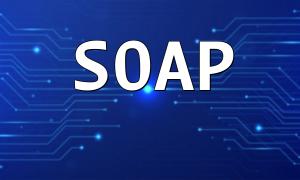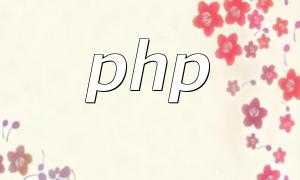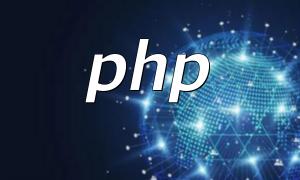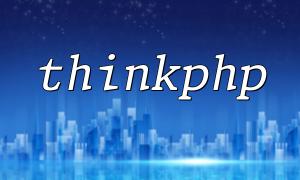In today's fast-evolving digital landscape, integrating different technologies has become essential to enhancing website functionality and user experience. The combination of Dreamware and PHP offers a powerful solution that empowers both developers and businesses with greater flexibility and capabilities.
Dreamware is an integrated development platform designed to provide intuitive and efficient tools for developers to build and manage their projects. Its key advantages include excellent compatibility and a rich ecosystem of components, making it highly compatible with various programming languages, especially PHP.
PHP is a widely-used server-side scripting language known for its simple syntax, flexible deployment, and active community. It provides powerful backend functionality. When combined with Dreamware, frontend and backend development can proceed more smoothly and efficiently.
Developers choose the Dreamware-PHP combination for several compelling reasons:
Rapid development: Dreamware’s templates and visual components significantly accelerate the development process.
Enhanced user experience: Built-in UI/UX tools make it easier to design attractive, responsive interfaces.
High scalability: PHP’s modular architecture supports seamless adaptation to evolving business needs.
To successfully integrate Dreamware with PHP, follow these basic steps:
Ensure that your environment includes PHP and a standard web server (like Apache or Nginx). Local setups like XAMPP or MAMP can simplify configuration.
Download Dreamware from the official website and follow the installation guide. Make sure dependencies (e.g., Node.js, npm) are properly set up for full functionality.
Use Dreamware’s project creation features to select templates and components suited to your project. Integrate PHP scripts for backend logic and connect them with frontend templates.
Dreamware supports embedded PHP directly within page templates, enabling dynamic content handling. Here's an example of connecting to a database and retrieving data:
// Connect to the database
$conn = new mysqli("localhost", "username", "password", "database");
// Check the connection
if ($conn->connect_error) {
die("Connection failed: " . $conn->connect_error);
}
// Query data
$sql = "SELECT * FROM table";
$result = $conn->query($sql);
if ($result->num_rows > 0) {
while($row = $result->fetch_assoc()) {
echo "Data: " . $row["data"] . "<br>";
}
} else {
echo "No results";
}
$conn->close();
?>Whether you're building a content management system, e-commerce platform, or corporate website, the Dreamware-PHP integration provides flexibility and performance. You can use Dreamware for front-end structure and design, while PHP handles forms, user authentication, and data operations.
The integration of Dreamware and PHP offers unmatched efficiency and flexibility in web development. It enhances both development speed and user experience. Whether you're a beginner or an experienced developer, mastering this combination can give you a competitive edge in your career.









